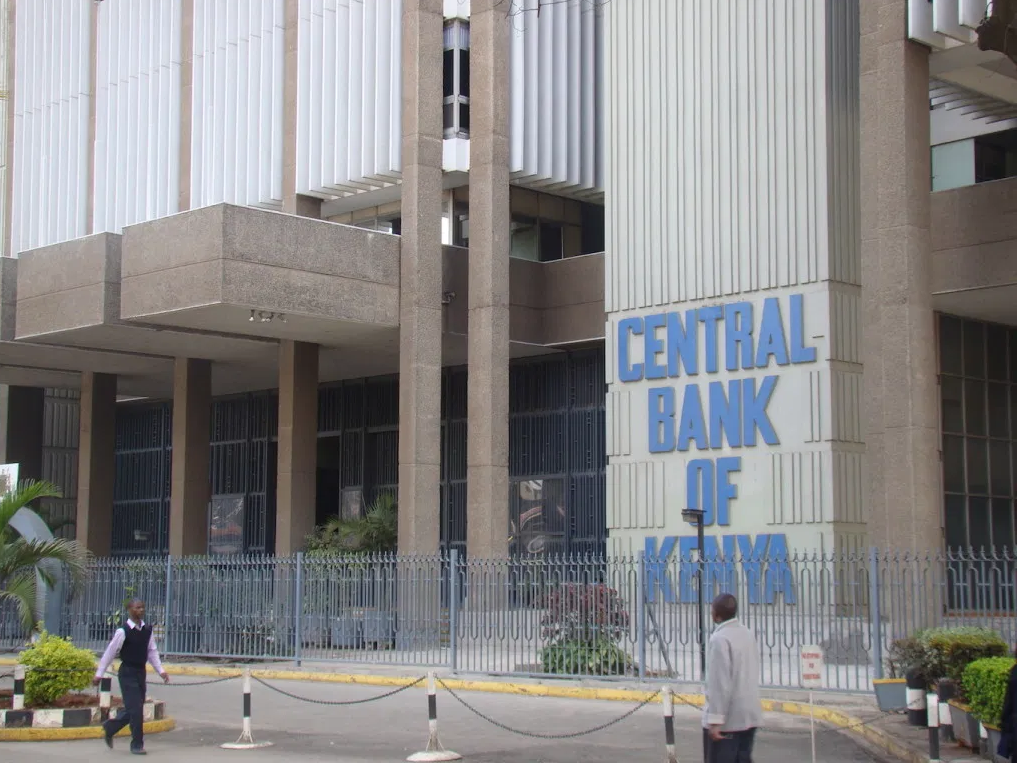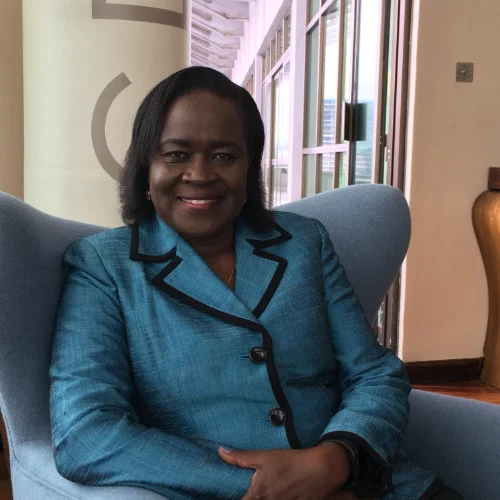Kenya’s largest media houses – Nation Media Group (NMG), Royal Media Services (RMS) and Standard Group – are feeling the heat as President William Ruto’s administration flexes its muscles. The media houses found themselves politically exposed as Ruto ascended to power after hammering them on the campaign trail over claims of bias against him and the Kenya Kwanza coalition.
The hunt couldn’t come at a worse time for the media houses, as they are already struggling to keep up with shifting media consumption trends. For instance, print readership and TV viewership (which account for the bulk of advertising revenues in Kenya) are both in decline, forcing traditional media players to rethink their models.
READ>>TV Stations Hit as Advertisers Take Cash Elsewhere
It is no secret that the political class controls mainstream media in Kenya. Research by OdipoDev in 2018 found that a majority of TV stations, newspapers and radio stations in Kenya are either either owned by politicians or have owners closely affiliated to politicians. In the run-up to the August 2022 polls, media houses in Kenya seemed to align themselves based on their shareholders’ varying interests.
The government, however, is one of the biggest advertisers in the country and already owes media houses in the country over Ksh2 billion in pending bills. This puts them in a strong position to bargain.
Kenya Kwanza accused NMG-published Daily Nation, considered the country’s newspaper of record, of supporting the rival Azimio coalition during the campaigns. Following Ruto’s win, Mutuma Mathiu, accused by Kenya Kwanza of being an Azimio supporter, was replaced as the group’s Editorial Director by Joe Ageyo. Several more changes have since followed, with the high-profile exits described as a purge of Mutuma’s newsroom allies.
Prominent Kenya Kwanza backers and strategists including Dennis Itumbi and Ahmednasir Abdullahi are among those who celebrated Mutuma’s reassignment to the consulting editor role, linking it to Nation’s political coverage.
Royal Media Services (RMS), co-owned by longtime Raila Odinga backer S.K Macharia, received endless flak from Ruto supporters during the campaigns over what they perceived as biased election trail coverage. Now, top presenters are among those staring at uncertainty with Kenya Kwanza reportedly exerting pressure on the company to make changes if it wants to be in its good books.
Linus Kaikai, Yvonne Okwara and Stephen Letoo, all accomplished and celebrated journalists, are among those in the thick of it.
Once again, the government controls important ad spend purse strings, driving media owners to purse cordial relations with whichever administration is in power. This is also one of the reasons why media houses have been experimenting with other models to reduce reliance on ad revenue, such as reader paywalls.
Standard has been battling torrid financial times and has not paid its journalists for at least two months. The additional lack of sway with the new administration presents it with an additional headache. It is associated with former Senator Gideon Moi, a major rival of Ruto and KANU party leader. Moi lacks influence in the Ruto administration.
Standard Group cut its loss before tax to Ksh22 million for year ended 31st December 2021 compared to a loss before tax of Ksh434.4 million over a similar period in 2020, an improvement of 95%. After tax, the loss stood at Ksh73.1 million, compared to a net loss of Ksh301.6 million in Covid-ravaged 2020. Loans continue to weigh heavily on its balance sheet, and questions remain on the profitability of its expansion with several new TV and radio stations launched by the company in the past few years.
READ MORE>>Standard, KTN Journalists Go 2 Months Without Pay as Giant Limps













Perfect 🫰